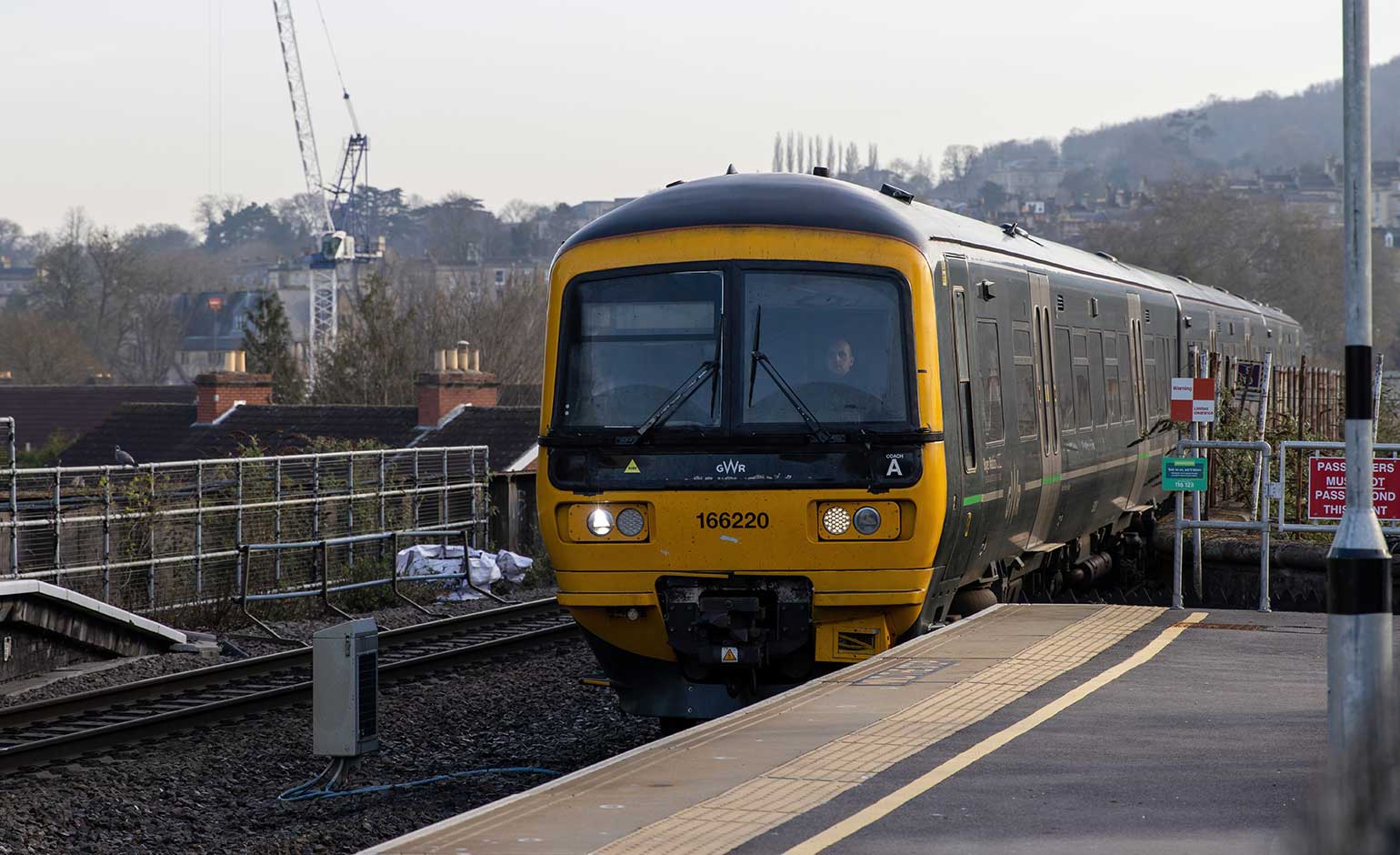The West of England mayor has warned that closing ticket offices in railway stations could lead to passengers paying higher fares for trains.

Photo © Colin Peachey / Shutterstock.com
Train companies across the country are consulting the public on their plans to close hundreds of ticket offices in stations.
Great Western Railway is planning to move staff onto platforms and concourses and help passengers buy tickets and plan journeys on their phones or using self-service machines. But the plans have prompted objections from local politicians and campaigners.
Dan Norris, Labour metro mayor of the West of England, said he often pays more for a train ticket when using a self-service machine compared to talking to a member of staff at a ticket desk.
He added that many people can’t access technology, like smartphones, to buy digital tickets.
Speaking to the Local Democracy Reporting Service, Mr Norris said: “I’m not happy about the proposals. It’s something like 600,000 paper tickets are sold across the counter every year in the West of England.
“That’s a lot of journeys and that needs to continue, because there are many citizens who can’t for all sorts of reasons access the technology that the rest of us are able to use.
“Also, I think it’s something about that human contact as well, because whenever I’ve bought a ticket using a machine, I’ve ended up often finding that I bought a more expensive ticket than I needed to.
“Whereas when I can look at a person across a counter and say ‘right, what is the cheapest ticket from here to here’, I often get a better answer.”
Under the plans, ticket offices would be phased out over several years. GWR staff would instead be trained to give advice on buying tickets elsewhere at the station, including on which ticket is cheapest.
A spokesperson for GWR said: “Digital tickets and mobile phones means our ticket office staff are helping around half the number of people they did in 2019.
“It makes sense to move staff where they can be more help to more customers, and provide more training to help with a wider range of issues — like assisting those with reduced mobility through stations and onto our trains.
“This consultation is designed to allow the public to test and examine our proposals, and make sure our plans are compliant with the safeguards put in place at privatisation so that the needs of customers will still be met.”
But concerns remain that the changes could lead to higher costs for passengers.
The public consultation was extended and now runs until 1st September. People wishing to respond can do so on GWR’s website: www.gwr.com/haveyoursay
Mr Norris added: “I think there’s a bit of a vested interest in getting people to get more expensive tickets. I can’t help feeling that removing the most obvious way of getting less costly fares is not an accident, I suspect.”
Alex Seabrook, Local Democracy Reporter



